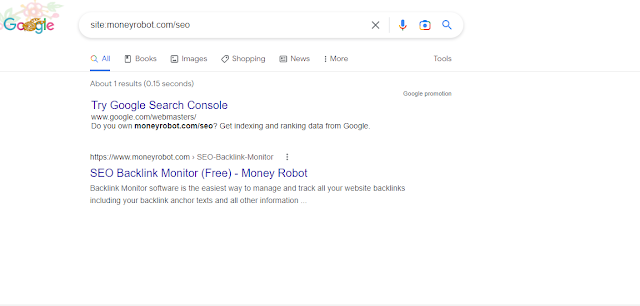How to Complete a Google Search for a Website in 3 Simple Steps
A site search on a search engine enables you to look up a phrase on one specific website rather than the entire internet. In the sections following, we'll go into greater detail regarding site searches, including their benefits and how to use them.
- access Google.com.
- Enter your search word and site:www.website.com in the search box.
- Search more precisely.
How to Use Site Search to Conduct a Google Search on a Website
For instance, in Step 2, I looked for a broad topic like SEO on our site. Subtopics covering anything from SEO blogging tactics to advice from SEO professionals surfaced.
I may then filter my findings based on a topic or even a date. To focus my search and retrieve more current data, I added "2000" to the search time in the sample below.
Best practices for site searches
A solid rule of thumb for web searches is to start broad and gradually focus them down.
This can help you locate what you're looking for more quickly and prevent you from restricting your search too early. Consider the scenario where you wish to look for SEO-related information on a competitor's website.
To begin, search up SEO to discover the variety of related subjects they cover. From there, you may investigate each subtopic in depth to see which ones are covered in more detail and which ones aren't.
With the aid of this technique, you may generate ideas for original content and improve your SERP ranking.
Consider the situation when you are on the other end and wish to do site searches on your website.
Site searches are crucial in e-commerce in particular since they aid customers in finding the goods they're looking for.
Here are some suggestions for this situation:
- Create categories for your material on the backend to improve the precision of search results.
- As visitors type in the search field, use autocomplete and autocorrect to help.
- If the query returns no results, suggest similar searches the user might be interested in, or point them in another direction.
- Adapt the terminology on your website to the language used by your target audience. For instance, if you offer baby products and the majority of your customers are in the UK, your website is likely to refer to cots rather than cribs.
What Site:Search Can Do for You as a Marketer
These are the most typical use cases for this tool, while there are many more.- Find data - I prefer to utilize data to reinforce and support my material. I can easily locate a statistic I read in an article weeks or months ago using the site search feature. I may conduct a search on our blog or on other websites I frequent, such as eMarketer.
- Look for fresh subject suggestions - Suppose you want to suggest an article topic and make sure that your viewpoint hasn't already been covered on your website. You may use the site search to read every article on the subject. If you're a freelance writer, you may use this process to make sure a piece is unique and fits with a publisher's content strategy before pitching it to them.
- Surface relevant material to link to - If you wish to connect to a section of your own content, a site search is a terrific method to find it again or even discover some new sections of information you were unaware existed.
- Conduct a competitive study. One of the key steps in creating your content strategy is to review the material of your rivals. You may use a web search to find out how your rivals are covering particular subjects, including their viewpoint, length, and media choices.








0 Comments